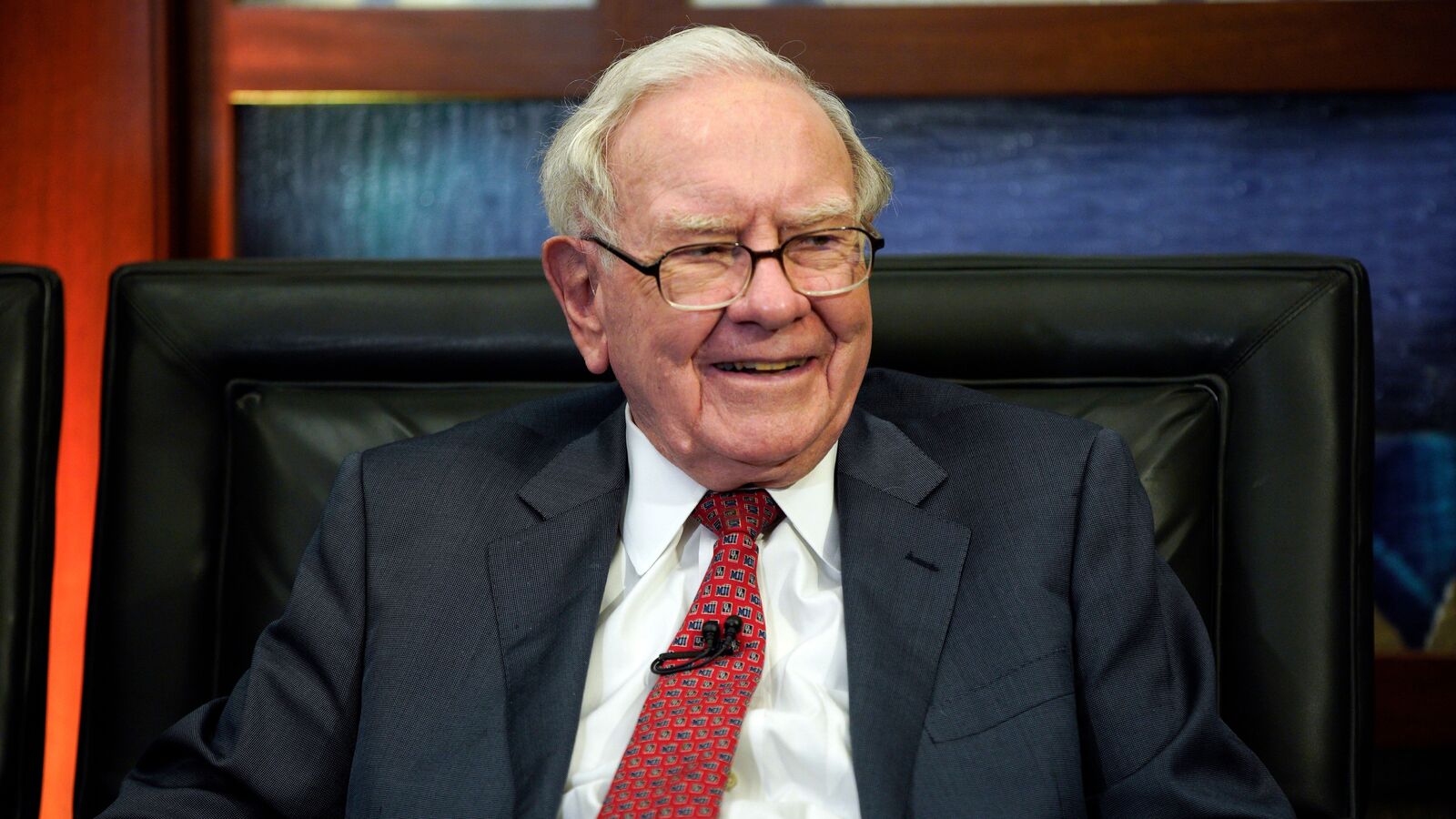Warren Buffett has once again showcased his remarkable investment prowess amid a tumultuous period for the stock market. In just two days, the U.S. stock market witnessed a staggering $5 trillion drop in value following Donald Trump’s announcement of tariffs affecting 184 countries. However, Buffett, the Chairman and CEO of Berkshire Hathaway, has successfully navigated these turbulent waters, maintaining profitability with his investments. Let’s delve into how this legendary investor managed to stay afloat while the market took a nosedive to its lowest point since March 2020.
Warren Buffett’s Rising Net Worth
Despite the market’s volatility, Warren Buffett has seen his net worth increase by $12.7 billion this year, bringing his total wealth to an impressive $155 billion. This increase is particularly noteworthy against the backdrop of concerns surrounding President Trump’s trade policies, which have sparked fears of a global recession.
In stark contrast, other high-profile investors like Elon Musk and Jeff Bezos have faced significant losses. Musk’s wealth has dwindled by $130 billion, reducing his fortune to $302 billion, while Bezos has lost $45.2 billion, leaving him with $193 billion.
How Buffett Remains Unscathed
Buffett has consistently expressed concerns regarding inflated market valuations, opting to conserve cash instead of making major acquisitions. His foresight about a potential market downturn has proven to be advantageous. By the end of 2024, Buffett’s company had liquidated $134 billion in equities, accumulating a record $334 billion in cash reserves.
Reports indicate that Berkshire Hathaway has strategically invested a significant portion of this cash in short-term Treasury bills. This decision not only shielded the company from market declines but also yielded profits for investors. In his latest letter to shareholders, Buffett elaborated, stating, “We benefited from a predictable increase in investment income as Treasury Bill yields improved, significantly boosting our holdings of these liquid securities.”
Strategic Stock Moves
Buffett’s acumen is also reflected in his strategic stock sales. Berkshire Hathaway reduced its stake in Apple by two-thirds last year, although Apple remains the company’s largest holding. These sales occurred during the first three quarters of the previous year while Apple’s stock was still thriving. Since then, Apple’s share price has plummeted 28%, particularly as tariffs imposed by the U.S. are expected to adversely impact tech companies with manufacturing bases in China.
The Impact of U.S. Tariffs on the Market
The recent tariffs introduced by Trump have significantly affected market stability. Following the announcement, the S&P 500 experienced a sharp decline of 10%, while the tech-heavy Nasdaq and Russell 2000 indices have entered bear market territory. Investors collectively lost $5 trillion over just two days due to rising recession fears.
Trump’s tariffs include a baseline rate of 10% on all trading partners, with more severe penalties imposed on countries perceived to charge higher tariffs against the U.S. Notably, China faces a 34% tariff, while India is subjected to 26%.
Conclusion
Warren Buffett’s resilience during this market upheaval underscores his reputation as one of the greatest investors of our time. His strategic moves, focus on capital preservation, and timely sales have allowed him to thrive while others falter. As the market continues to grapple with uncertainty, Buffett’s actions serve as a reminder of the importance of foresight and strategy in investment management.
For more insights on investment strategies and market trends, explore our latest articles on financial planning and stock market analysis.











